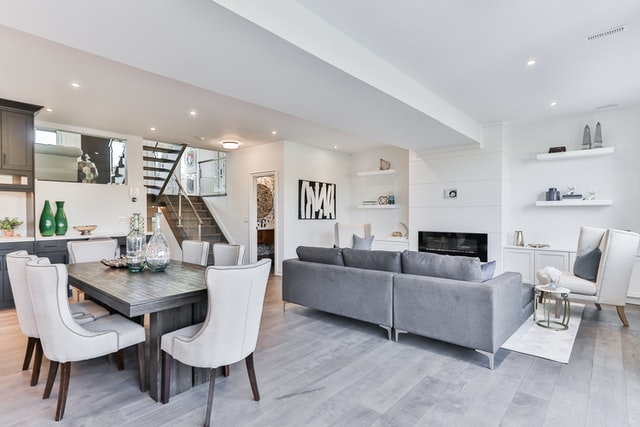In the real estate world, there are tons of terminologies that are thrown about casually in each conversation. From the terms “closing costs” to “due diligence,” understanding these terms is vital to properly understand what is going on and successfully carry out any real estate transaction.
That being said, when it comes to buying or selling real estate investments, you may have heard of the term “capitalization rate” or “cap rate.” If you’re unsure of what it means and what it’s for, then you’re in the right place! Keep reading on to learn all about it.
What Is The Meaning of “Cap Rates”?
The simple definition of cap rates is that it’s a percentage pertaining to the estimated rate of return that a particular property will produce if bought in cash. It is generally used to determine how much a specific property should be valued, basing its worth on how much it can produce.
Cap rate acts inversely from the purchase price—so the higher the purchase price, the lower the cap rate, and vice versa.
How Exactly Is The Cap Rate Calculated?
If you need a little more insight into what a cap rate is, understanding its formula might help you.
To calculate the cap rate, take the annual net operating income and divide it by the purchase price, then multiply the amount by a hundred. For example, you have a property that is predicted to produce an annual net operating income of approximately $100,000. If you buy that building for around $500,000, the cap rate would be 20%. If the price for the same building were $1,000,000, your cap rate would be 10%.
What Does The Cap Rate Actually Mean To Me?
Now that you know the definition of cap rate and the formula behind it, here’s what the cap rate actually entails for a property. The cap rate is a number that is used to express the value of the real estate. In other words, the cap rate is used to determine the value of something—and the higher the cap rate, the more valuable the property!
Be careful, however, if making a purchasing decision based on the cap rate. It should never be the main driving factor of your buying activity, simply because it does not prove how valuable a building is! It may be that a building is incredibly cheap because no one’s buying it, thus inflating the cap rate. Instead, use the cap rate to understand what properties are generally sold for and how well it is doing in the market. Remember, the cap rate doesn’t include any debt expenses either.
The Bottom Line
So, is the cap rate vital for you to know? Yes, it is!
The cap rate can give you a brief idea of how well a specific type of property is doing in a particular market, and it can help you decide which properties are worth investing in. That being said, take a look at the context of things. If you are purchasing a class D (the worst class) of properties with a cap rate of 8%, you might be getting tricked into the worst purchase of your life as compared to if the same cap rate is reflected in a class A (luxury class) property.
Plenty of research needs to be done on your end to understand cap rates thoroughly. If you need help, do not be afraid to work with agents to help you make the right purchasing decision!
Buying Apartment Buildings is your go-to platform to buy and sell apartments easily and quickly. If you are looking to understand cap rates and other aspects of real estate more thoroughly, check out our e-book today!

